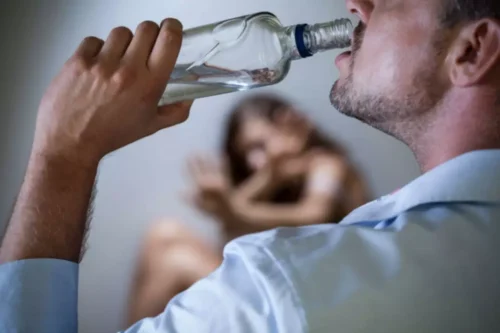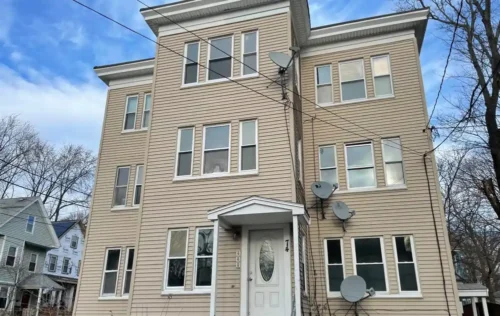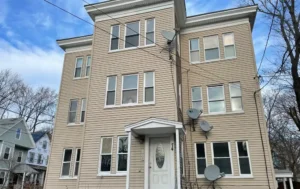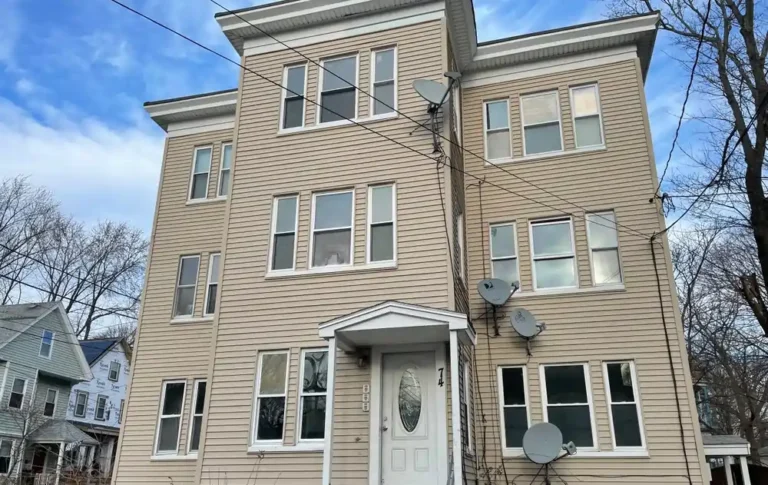
Some rehab centers invite speakers or workshop hosts (often previous patients far along the recovery process) to discuss their careers and experiences. You can also prepare beforehand to ease your transition and minimize disruption to your life. Here’s a closer look at the average length of time rehab programs last. A NIDA-funded study tracked nearly 550 rehab clients who struggled with drug use and a number of other problems.

How Long Are Inpatient Rehab Programs?

Due to the Affordable Care Act, Marketplace plans must cover mental health and substance use disorder (SUD) treatment to some extent, which may include inpatient and outpatient services. This environment of empathy helps individuals feel supported in their recovery from addiction and mental health disorders. Countless others who have suffered from substance use disorder have found help with the 12 step drug recovery program. In this guide, we are going to help you understand the 12-step program for addiction recovery. You will learn how it works and how it helps you how long is drug rehab find healing from drug abuse. You will also see how the program offers a clear path toward lasting sobriety and a healthier lifestyle.
Will Addiction Treatment Help Me?
These stages provide a roadmap for change, offering insight into the emotional, psychological, and behavioral shifts required to break free from addiction. Every step helps struggling individuals take responsibility for their actions. Each new step builds on the last and guides addicts along their recovery journey. Inpatient rehab offers 24/7 care, structured therapy, and a supportive environment, helping individuals build resilience and strategies for lasting recovery and wellness. Many programs require patients to plan for longer-term care before they start withdrawal. If you’re healing from both, your recovery journey might not be a linear experience.
Addiction Treatments
Committing to a rehab stay means spending time away from work, school, and other obligations until treatment is completed. Another reason a longer rehab program can be beneficial is because it allows individuals who struggle with addiction the opportunity to work on the root causes of the addiction. In order to successfully overcome an addiction, the individual must understand why they are using substances. At Greater Boston Addiction Centers, we understand the complexities of addiction and provide comprehensive, personalized treatment to help individuals navigate each stage of recovery successfully.

The longer an individual remains in a treatment setting, the more challenging it can be to maintain consistent motivation and engagement. Economic realities can’t be overlooked when considering rehab duration. We do not receive any fee or commission dependent upon which treatment or provider a caller chooses. Calls to numbers marked with (I) symbols will be answered or returned by one of the treatment providers listed in our Terms and Conditions, each of which is a paid advertiser. Jennie Stanford, MD, FAAFP, DipABOM is a dual board-certified physician in both family medicine and obesity medicine. She has a wide range of clinical experiences, ranging from years of traditional clinic practice to hospitalist care to performing peer quality review to ensure optimal patient care.
How long is rehab for opioid use disorder?
- Different types of rehab are available, ranging from outpatient, which is the least intensive approach, to inpatient, which is the most intensive.
- Aftercare programs may include regular outpatient therapy sessions, participation in support groups, and periodic check-ins with counselors.
- For example, ibogaine therapy is an alternative treatment that lasts just a few days.
- While it may seem like a short time, a 30-day program can provide a solid foundation for recovery.
- Certain rehab centers offer shorter rehabilitation, offering 28- or 30-day substance abuse recovery programs.
- Enter your phone number below to receive a free and confidential call from a treatment provider.
Evening programs accommodate those with work commitments, ensuring accessibility. Specialized programs cater to specific populations or alcoholism substance dependencies, with treatment intensity adjusted as needed. Scheduling is tailored to meet individual requirements and progress.
What is a Typical Day in Drug Rehab Like?
- Usually, this also means it’s offered at a lower cost, so many insurance companies will typically cover this type of program.
- Each type of program contributes to the overall rehab length, giving individuals the time and resources they need to recover fully.
- Inpatient rehab is personalized based on the individual’s progress in recovery.
- Previous treatment experiences and relapse history may indicate a need for prolonged care.
- Some of these environments will limit the time you can live there, but others allow you to stay on indefinitely.
- For example, after completing a 90-day program, ongoing aftercare services may be necessary to experience healing and lasting recovery success.
- It is a tried and tested process that has helped millions overcome addiction through a series of actionable steps.
At FHE Health, we offer specialized treatments for mental health https://ecosoberhouse.com/ and addiction. Both programs have similar approaches, but the goals can be very different. Certain rehab centers offer shorter rehabilitation, offering 28- or 30-day substance abuse recovery programs. Regardless of how long rehab lasts or which program you choose, your entry into rehab will likely follow a similar structure depending on your needs. Before you enter treatment, you will receive a thorough assessment by your treatment team to make sure you get the proper level of care and all physical needs are met. Rehab programs may include a period of detox followed by different services, such as inpatient and outpatient rehab.
Importance of Aftercare Services
A dual diagnosis scenario where an individual grapples with addiction alongside another mental health disorder, such as bipolar disorder, which inherently complicates treatment. For those struggling with addiction, the decision to enter drug rehabilitation can be as daunting as the recovery journey. Outpatient programs are the least intensive type of rehab program, with people remaining at home while receiving treatment. This can involve weekly appointments for individual and group therapies, medicinal interventions, and psychosocial interventions.
